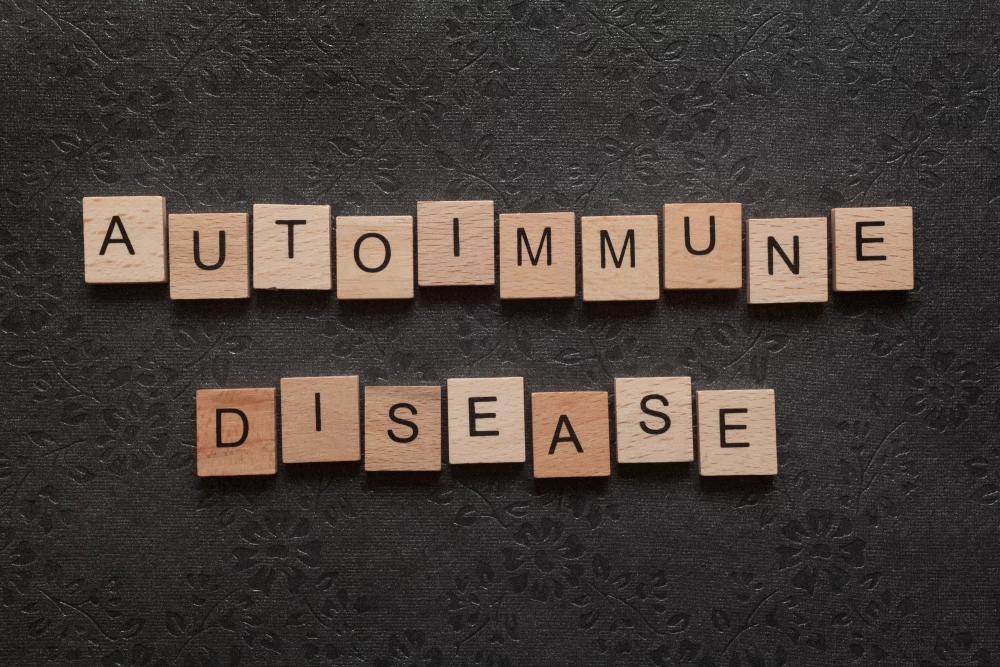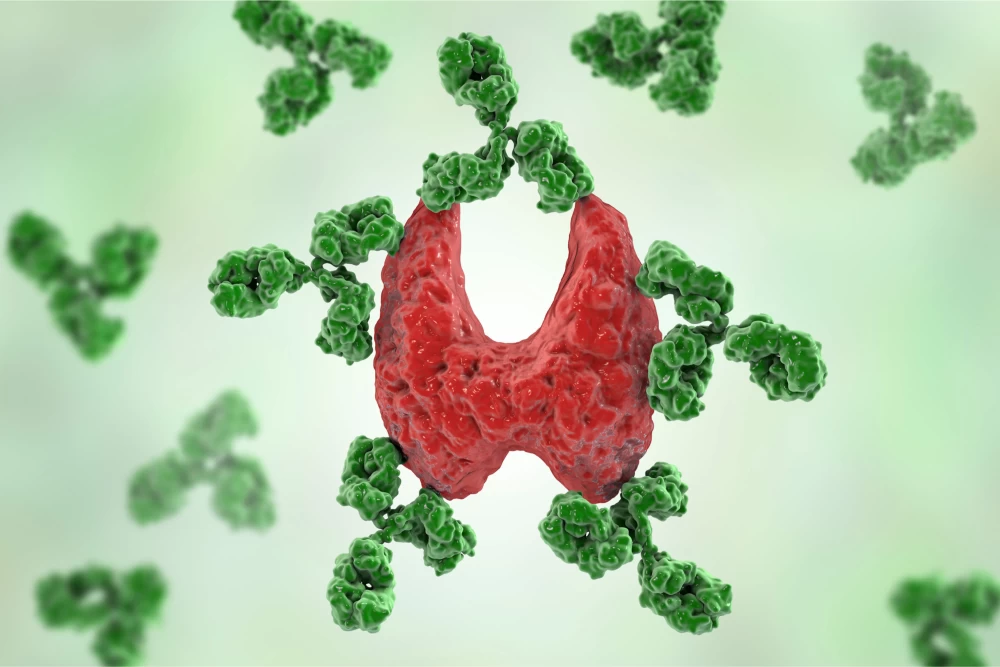
- 2nd May 2023
Table of Contents
How does Intermittent Fasting work?
IF, or intermittent fasting, is a method of dieting in which long stretches of time are spent without eating. The 16:8 method restricts eating to an eight-hour window once per day, while the 5:2 diet allows for normal eating five days per week and calorie restriction on two non-consecutive days. IF has been linked to numerous health benefits, including but not limited to weight loss, better glucose regulation, reduced inflammation, and lessened oxidative stress. IF may have additional benefits for people with autoimmune diseases like rheumatoid arthritis or lupus by lowering systemic inflammation. However, people with autoimmune disorders may be more vulnerable to the side effects of IF. Some people with immune system dysfunction find that fasting brings on or exacerbates flare-ups. In addition, there are a few ant-autoimmune drugs that must be taken with food and may not get along with intermittent fasting. Consult your doctor before beginning an intermittent fasting protocol, as you should before making any dietary changes or medical decisions regarding autoimmune diseases.
IF's Positive Effects on Autoimmune Disease
People with autoimmune diseases can benefit greatly from intermittent fasting. One of the most notable advantages is a decrease in generalised inflammation. Autoimmune diseases often cause chronic inflammation, which can worsen existing damage and pain. Reducing inflammation may help people feel better overall and alleviate some of their symptoms. Improved gut health is another perk of intermittent fasting for people with autoimmune diseases. Leaky gut syndrome and other digestive problems are common results of autoimmune diseases. By sparing it from constant food processing, intermittent fasting gives the digestive system a chance to rest, recover, and rejuvenate. The growth of healthy bacteria in the gut is essential to good health. Finally, intermittent fasting can help regulate blood sugar levels in those with autoimmune diseases like type 1 diabetes or Hashimoto's thyroiditis due to its effect on insulin levels. This may result in steadier blood sugar levels and more sustained energy. However, people with autoimmune conditions should get their doctor's approval before making significant dietary or exercise changes.

Autoimmune Disease and IF: Possible Dangers
Due to its potential health benefits, such as weight loss and better blood sugar control, intermittent fasting (IF) has grown in popularity in recent years. Individuals with autoimmune diseases, however, may be at risk from IF. When the immune system improperly targets and destroys healthy cells, autoimmune diseases develop. Because of the stress it puts on the body, fasting can set off an immune response that can make autoimmune disease symptoms worse. Nutrient deficiencies are a serious risk if IF is not practised correctly. Fasting may exacerbate the symptoms of autoimmune diseases because many people with these diseases suffer from nutrient deficiencies due to malabsorption issues or dietary restrictions. Since gut health plays a crucial role in regulating immune function, IF may also have unfavourable effects on those with autoimmune diseases. Long-term calorie restriction has also been linked to an increase in inflammation levels in people with autoimmune diseases. For many autoimmune diseases, inflammation is a major factor in disease development and the severity of symptoms. Since there isn't much data on how IF affects people with autoimmunity, anyone dealing with this condition should talk to their doctor before beginning a fasting regimen of any kind to make sure they're getting the care and support they need as they try out new eating habits.
Recommendations for IF Procedures
Reduced inflammation and enhanced immune function are just two of the potential benefits of intermittent fasting (IF) for people with autoimmune diseases. However, IF should be approached cautiously due to the risk of triggering flare-ups or exacerbating symptoms. Therefore, before beginning an IF programme, it is wise to speak with a medical expert. It is essential to avoid processed and inflammatory foods and to focus on nutrient-dense foods during eating periods when implementing IF. The body can be eased into this new routine by gradually increasing the duration of fasts rather than jumping into longer fasts. Monitoring symptoms and energy levels over the course of IF can also help find the optimal balance for each person. Finally, self-care practises like stress management and adequate sleep are crucial to overall health maintenance while following IF protocols. Following the recommended protocols for IF in individuals with autoimmune diseases calls for a specialised strategy that should be supervised closely by medical professionals.
Implications for Practice in IF
Several logistical details must be thought through when contemplating the use of IF for autoimmune diseases. The first step is to consult with a doctor or nutritionist who is familiar with IF and can help you create a personalised plan based on your needs and health status. Second, it may be wise to fast for shorter durations (12-14 hours) at first, and then lengthen the time as your body adjusts. In addition, during mealtimes, you should prioritise eating nutrient-dense foods that will help your body and immune system. Some examples of such foods are dark leafy greens, fatty fish, and berries, all of which help reduce inflammation in the body. Last but not least, it is essential to pay attention to your body and make necessary adjustments if you experience negative symptoms such as fatigue or dizziness during fasting periods. Benefits of IF for autoimmune diseases include better gut health and less inflammation, but the diet may not be right for everyone. Consult your healthcare provider before beginning an IF programme, as you should before making any dietary changes or interventions for the management of autoimmune diseases.

What to Eat and Take While Intermittent Fasting
Many people report significant improvements in their overall health after adopting an intermittent fasting (IF) lifestyle. However, people with autoimmune diseases should proceed cautiously with IF because of its potential benefits and risks. The intake of food during the fast is an important factor. Breaking the fast with a nutrient-rich meal is crucial for maintaining optimal health and immune function. The body can be helped along during IF by taking supplements. Omega-3 fatty acids, for example, have been shown to have anti-inflammatory effects, making them useful for the treatment of autoimmune disease. People with autoimmune disease often have deficient levels of vitamin D, so taking a supplement may be helpful. Individuals with autoimmune diseases who are thinking about IF should talk to their doctor before starting any new diet or supplement programme. Maximum benefit from IF while minimising potential risks can be achieved through a personalised approach that takes into account an individual's specific medical history, current medications, and nutritional needs.














